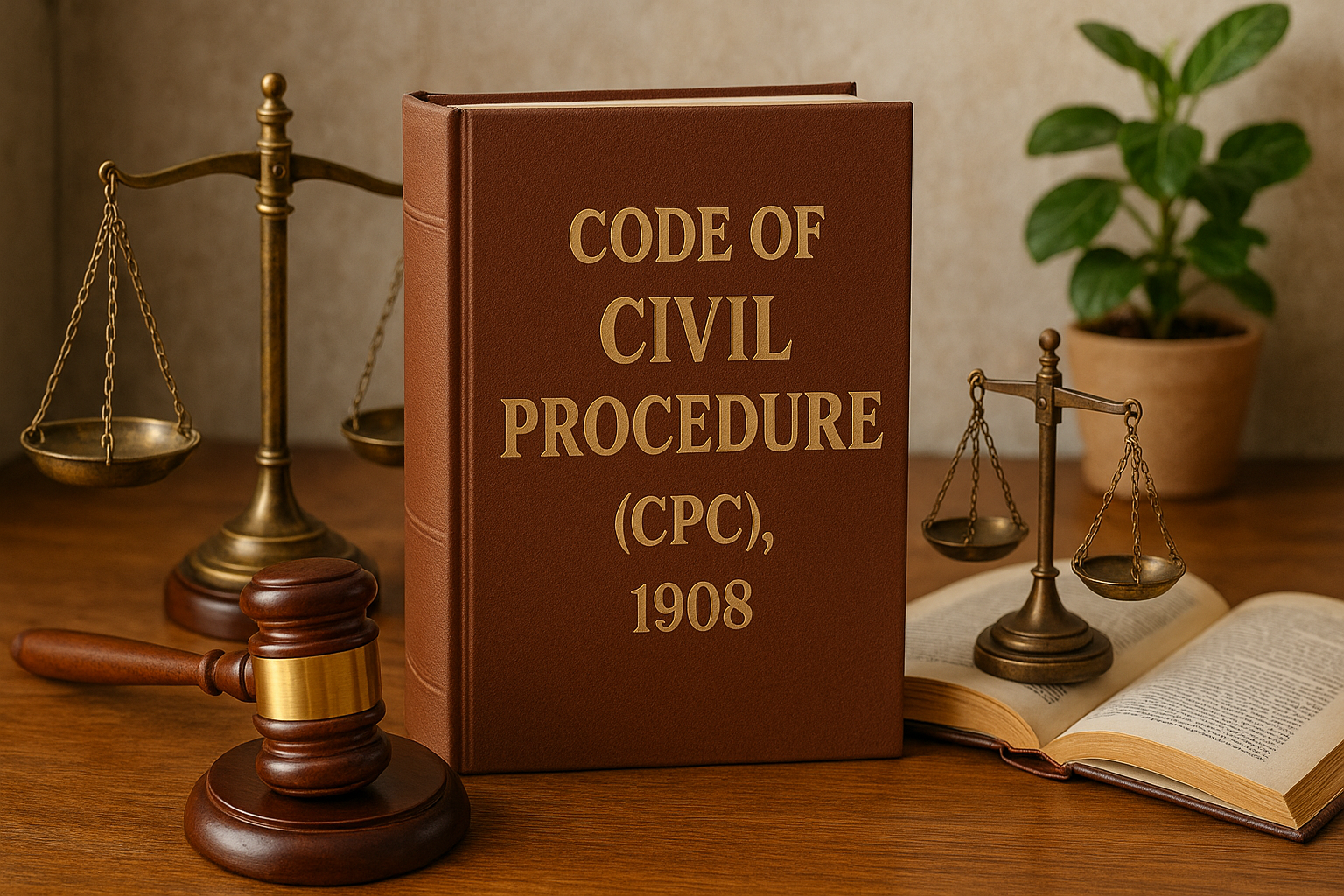1. Meaning of Abatement
Abatement of a suit refers to the automatic termination of a legal proceeding when a party to the suit dies and the right to sue does not survive or the legal representative is not substituted within the prescribed time.
Governed by Order XXII of the Code of Civil Procedure, 1908.
It applies to both plaintiffs and defendants, and to appeals as well.
2. Legal Basis and Applicability
| Provision | Subject |
|---|---|
| Order XXII Rule 1 | Right to sue survives |
| Order XXII Rule 2 | No abatement if suit survives with remaining plaintiffs |
| Order XXII Rule 3 | Abatement on death of plaintiff |
| Order XXII Rule 4 | Abatement on death of defendant |
| Order XXII Rule 9 | Setting aside abatement |
3. Situations Leading to Abatement
A. Death of a Party
-
If a plaintiff or defendant dies and the right to sue does not survive, the suit abates.
-
If the right does survive, the legal representative must be brought on record within 90 days.
B. Non-substitution within Time
-
If the legal heir or representative is not substituted within 90 days, the suit abates automatically by operation of law.
4. Consequences of Abatement
| Situation | Effect |
|---|---|
| Against deceased plaintiff | The entire suit may abate if right to sue does not survive |
| Against one of multiple plaintiffs | Suit may proceed with others (Rule 2) if right survives |
| Against one of multiple defendants | Suit continues against others unless defense is joint |
| In appeal | Appeal abates if appellant or respondent dies without substitution |
5. Revival of Abated Suit – Rule 9
A party may apply to set aside abatement under Order XXII Rule 9 by showing:
-
Sufficient cause for not substituting legal representatives in time
-
The application must be filed with a delay condonation petition under Section 5 of the Limitation Act
If granted, the court revives the suit from where it abated.
6. Exceptions to Abatement
-
Right to sue survives against or in favour of other plaintiffs or defendants
-
In case of representative suits, court must give notice to interested parties before declaring abatement (Rule 10A)
-
Abatement does not occur if death happens after hearing is complete
7. Important Case Law
Union of India v. Ram Charan (1964)
Held that abatement occurs automatically after expiry of the limitation period if substitution is not made.
Perumon Bhagvathy Devaswom v. Bhargavi Amma (2008)
Emphasized that procedural laws like abatement must be used to aid justice, not defeat it.
8. Difference: Abatement vs Dismissal
| Basis | Abatement | Dismissal |
|---|---|---|
| Reason | Procedural lapse (death, non-substitution) | Judicial decision on merits or default |
| Effect | Suit ends without decision on merits | Suit ends with a legal or factual finding |
| Revival | Can be revived with sufficient cause | May require appeal or new filing |

